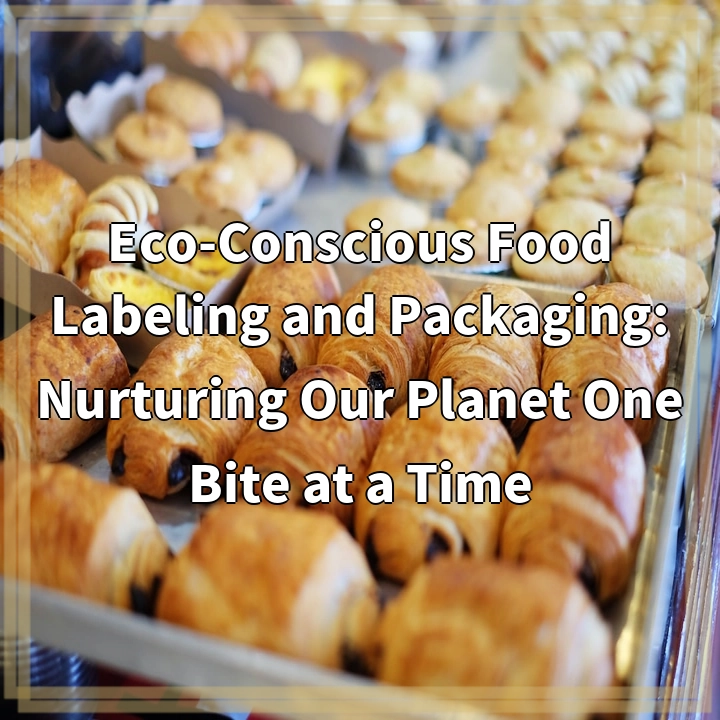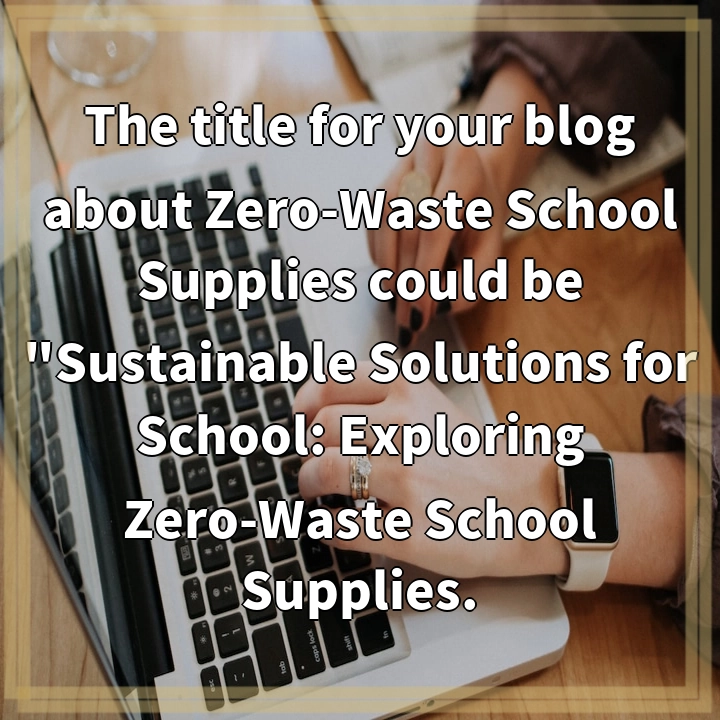
What it is:
Eco-conscious food labeling and packaging refers to the practice of using environmentally-friendly materials and providing clear and accurate information on food labels to promote sustainability and support consumer choices that are better for the planet. It involves implementing innovative packaging designs, using biodegradable or compostable materials, reducing waste, and providing transparent information about the product’s environmental impact.
Real-world problems:
1. Misleading or Greenwashing Labels: One of the major challenges with eco-conscious food labeling is the presence of misleading or vague labels that create confusion among consumers. Some companies may use misleading terms or greenwashing tactics to make their products appear more eco-friendly than they actually are. This can make it difficult for consumers to make informed choices and can undermine the integrity of genuinely sustainable products.
2. Excessive Packaging and Waste: Another issue is the excessive use of packaging in the food industry, leading to significant waste generation. Many food products are over-packaged, using materials that are not easily recyclable or compostable. This results in increased landfill waste and pollution, adding to the environmental burden.
3. Lack of Standardization: There is currently a lack of standardized regulations and certifications for eco-conscious food labeling and packaging across different regions and countries. This can lead to inconsistencies and confusion, as different companies may have varying definitions and approaches towards sustainability. Lack of standardization makes it challenging for consumers to gauge the actual environmental impact of a product solely based on its label.
4. Supply Chain Challenges: Implementing eco-conscious food labeling and packaging requires changes throughout the entire supply chain, from sourcing sustainable ingredients to logistics and distribution. This can be challenging for large-scale food manufacturers and retailers, as it requires collaboration with suppliers, investment in new infrastructure, and potentially higher production costs.
Addressing these real-world problems is crucial to ensure that eco-conscious food labeling and packaging truly delivers on its promise to nurture our planet, empowering consumers to make more sustainable choices while reducing the environmental impact of the food industry.

Solutions to Address the Challenges:
There are several strategies and solutions that can be implemented to address the real-world problems associated with eco-conscious food labeling and packaging.
1. Enhanced Labeling Standards and Transparency:
To combat misleading or greenwashing labels, it is important to establish and enforce standardized labeling standards. This can include clear definitions for eco-friendly terms, mandatory disclosure of environmental impacts, and independent certifications to verify sustainability claims. Transparent labeling can empower consumers to make informed choices and hold companies accountable for their environmental practices.
2. Reducing Packaging Waste:
To tackle excessive packaging and waste, the food industry can embrace sustainable packaging solutions. This includes using biodegradable or compostable materials, prioritizing minimal packaging, and adopting reusable or refillable packaging options. Additionally, implementing recycling programs and promoting eco-conscious waste management practices can reduce the overall environmental impact of packaging.
3. Establishing Global Standards:
Efforts should be made to establish global standards and certifications for eco-conscious food labeling and packaging. This would help create consistency and clarity across different regions, making it easier for consumers to understand and compare environmental claims. Collaboration between governments, industry stakeholders, and environmental organizations is vital to drive international agreement on sustainable practices.
4. Collaboration and Education:
Addressing the challenges requires collaboration and education throughout the food supply chain. Manufacturers, retailers, and consumers need to work together to drive change. Educational campaigns and awareness programs can help consumers understand the impact of their choices and encourage them to prioritize eco-conscious options. Collaboration between retailers and suppliers can lead to innovative packaging solutions and sustainable sourcing practices.
By implementing these solutions, the food industry can overcome the challenges associated with eco-conscious food labeling and packaging and move towards a more sustainable and responsible future.















